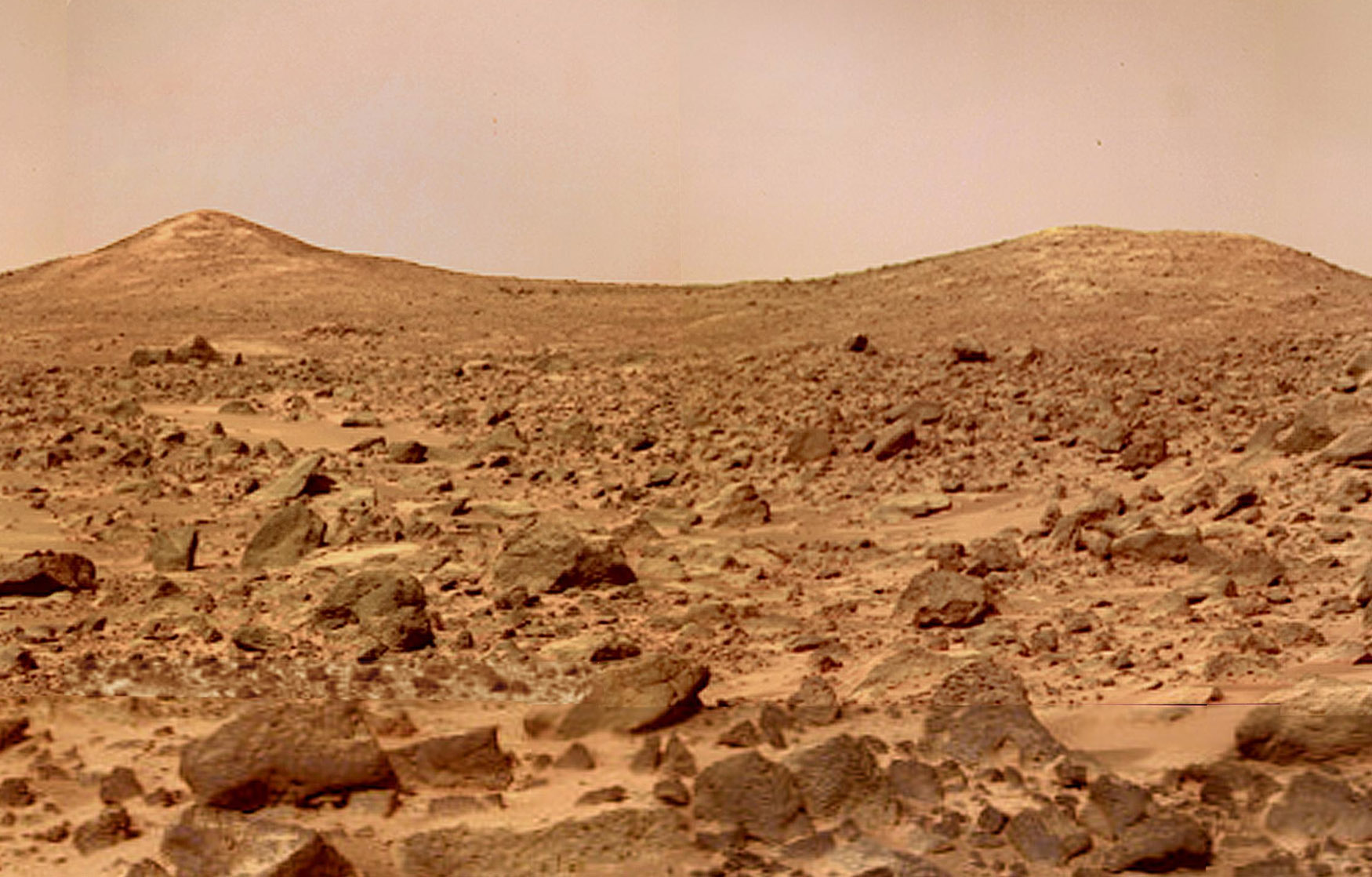For thousands of years, Martian rocks have bombarded Earth, sent flying through space after being ejected from their homeworld by violent impacts or volcanic processes. But as we collect these tiny samples, scientists have started to learn something interesting: the age of these Martian rocks doesn’t line up with what we know about Mars’ age as a whole. They’re a lot younger.
Mars is really old. Scientists believe the planet finished forming around 4.56 billion years ago, roughly 90 million years before our own planet. Further, evidence suggests that most of the Martian surface is old. So, why are chunks of Martian rock showing such a young age?

The answer, they say, most likely lies in the constant bombardment of the Martian surface by meteorites and asteroids. With roughly 200 bombardments that create 4-meter craters each year, the Martian surface is constantly spewing more rock into space, some of which finds its way to Earth. The reason the Martian rock’s age doesn’t seem to add up is because the younger rock is replacing the older rock as it gets ejected from the planet.
This means that the younger rock from under the surface, which is still being replenished by volcanic activity, is eventually exposed to the surface and thus becomes the ejecta that meteorites send flying into space. This, a group of scientists explain in a paper published in Earth and Planetary Science Letters, could help us understand why the Martian rocks found on Earth appear so young.
Understanding how Mars is changing – both inside and out – is important as NASA and others prepare for the first manned missions to Mars. Further, scientists are constantly looking for new ways to understand how the planets within our solar system formed, and how that can teach us more about the universe’s evolution as a whole.








